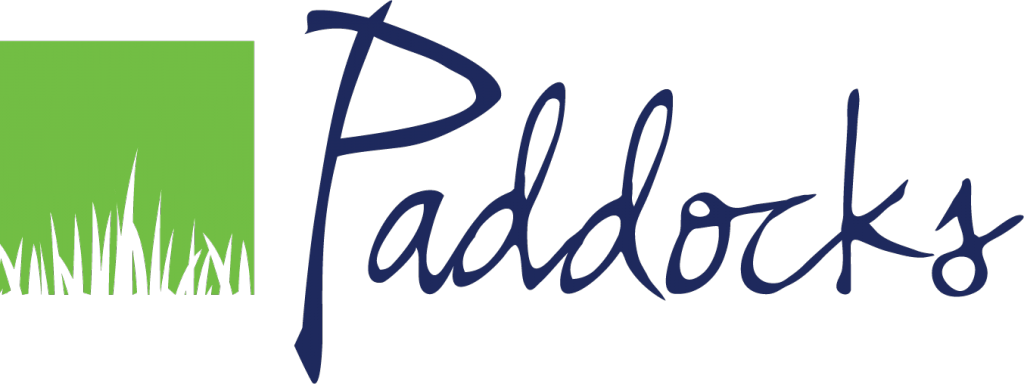Any repeated action that materially interferes with another owner or occupier’s use and enjoyment of his or her private area or a part of the common area is a nuisance.
In terms of section 39 (2) (a) of the CSOS Act, an application may be for:
“an order that particular behaviour or default constitutes a nuisance and requiring the relevant person to act, or refrain from acting, in a specified way”
There may be a dispute as to whether or not a particular behaviour must be tolerated in a high-density environment and the extent to which the association must become involved to enforce the provisions of the scheme’s governance documents or applicable legislation that regulates behaviour.
Because people in a community scheme are often very close to one another, in the living accommodation, their parking of vehicles and their other shared use of the common property, there is ample opportunity for them, their families, visitors and pets to annoy one another. In practice there are an unlimited number of possible situations in which what one person does may interfere with the rights of another. The situations set out below are only some of these.
- Excessive noise from parties held in private areas.
- Water running off a balcony and into a private area.
- Very pungent cooking smells coming through open doors or windows and lingering in other private and common areas.
-
Parking on the common area so as to block access to a private area garage.
An example of the type of order the CSOS could give is:
1. That the noise from apartment 450 Bellevue House during the period 15 May to 14 June 2017 constituted a substantial and ongoing nuisance in breach of section 13(1)(e) of the Sectional Titles Schemes Management Act, 2011.
2. The owners of the apartment, Johan and Joan Coetzee, and the tenants, Sue and Mike Beard, are ordered, with immediate effect, to ensure that the noise emanating from that apartment as a result of social activity does not exceed 60 decibels at any time between 20h00 and 07h00.
If you would like to see the whole of the Community Schemes Ombud Service Act, 9 of 2011, including the full text of chapter 3 that covers applications, you can access this from Paddocks’ resource library.
Do you have concerns about your matter, need assistance completing your application, or want a sectional title Consultant to review your application before submission? Have a look at the Paddocks’ Consulting page.
For general help on the CSOS, including the special meanings of the words and phrases “association”, “common area”, “dispute”, “executive committee”, “owner”, and “scheme governance documentation” see the CSOS Information page.
Needing other assistance? Have a look at our Paddocks assistance page, which includes the helpful application guide explanation, for more information.
Would you like to make an application for this type of order?
If this is the correct order for your issue, the next step would be to make an application.
You can capture your application information online here, or download the form to complete offline later.
Is this is not the right kind order – is either the type or category is wrong for your matter?
Use the buttons below to navigate back and explore other options.
